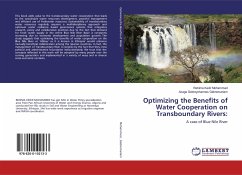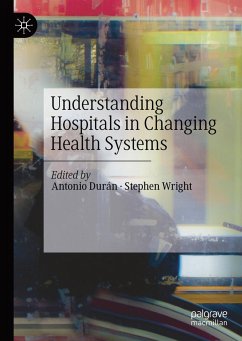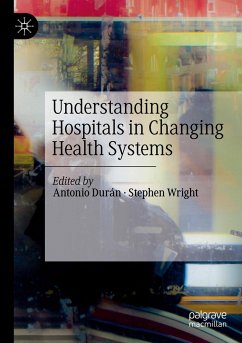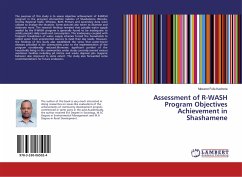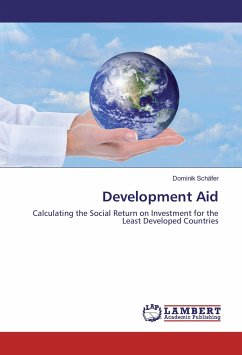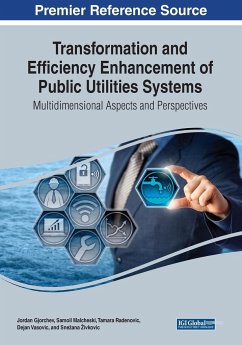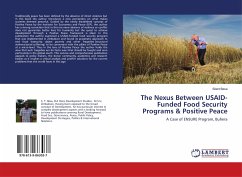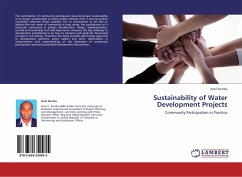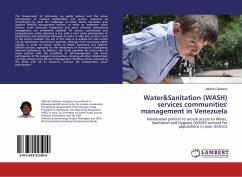
Water&Sanitation (WASH) services communities' management in Venezuela
Venezuelan policies to secure access to Water, Sanitation and Hygiene (WASH) services for populations in poor districts
Versandkostenfrei!
Versandfertig in 6-10 Tagen
16,99 €
inkl. MwSt.

PAYBACK Punkte
8 °P sammeln!
The Government of Venezuela, via public policies and the active participation of involved stakeholders and sectors, evidences its commitment to meet the challenges of urban Water, Sanitation and Hygiene (WASH) management services. In order to implement these services, both increased investment and more effective institutional management are considered essential. Of course, coordinated and comprehensive urban planning is key, with a joint active participation of beneficiaries and authorities necessary in order to take into account most of the factors involved. The aim of this study is to analys...
The Government of Venezuela, via public policies and the active participation of involved stakeholders and sectors, evidences its commitment to meet the challenges of urban Water, Sanitation and Hygiene (WASH) management services. In order to implement these services, both increased investment and more effective institutional management are considered essential. Of course, coordinated and comprehensive urban planning is key, with a joint active participation of beneficiaries and authorities necessary in order to take into account most of the factors involved. The aim of this study is to analyse the role carried out by Venezuelan Government agencies, through their transversal public policies, in order to ensure access to Water, Sanitation and Hygiene (WASH) services, especially for the inhabitants of Venezeula's widespread informal settlements. In addition, the study examines the connection of these policies with the possibility of self-management and active participation of the recipient communities, checking whether collaboration can help achieve more efficient management. "Nothing will be achieved by the State with all its resources, without the communities' active participation"



